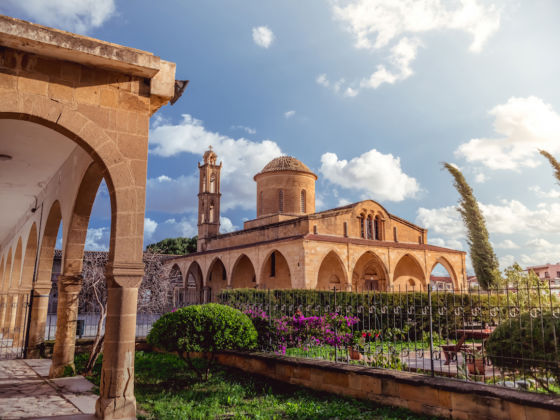Even after my return from a semester in Cyprus, my friends still ask me how Greece was.
“Cyprus,” I correct them.
Spending four months on a tiny and obscure island in the middle of the Mediterranean wasn’t anything I expected it to be — but it was still the best. Experience. Ever.
Here are seven reasons I recommend studying abroad in Cyprus.
1. Nobody really knows where or what it is.
How many people do you know who have studied in Madrid? Beijing? London?
